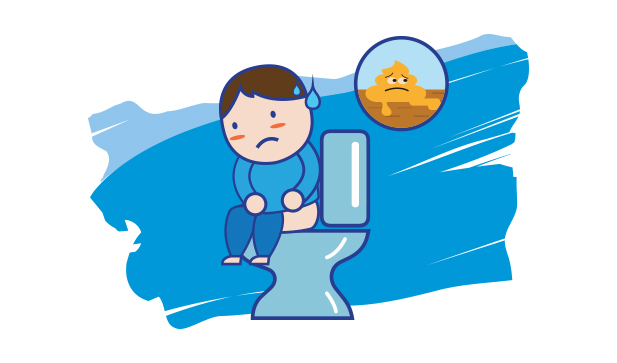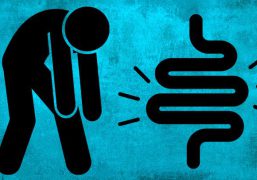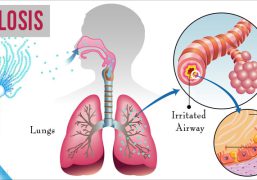Diarrhoea
Diarrhoea is a medical condition characterized by frequent loose or watery stools, usually more than three times a day. It can be acute or chronic and is often accompanied by other symptoms such as abdominal pain, cramps, nausea, vomiting, and dehydration.
Acute diarrhoea usually lasts for a few days and is often caused by a viral or bacterial infection. Chronic diarrhoea, on the other hand, can last for several weeks or more and may be caused by a variety of factors, such as inflammatory bowel disease, food intolerances, or certain medications.
Treatment for diarrhoea depends on the underlying cause and severity of the condition. In mild cases, it may be sufficient to simply stay hydrated and let the condition run its course. In more severe cases, medication may be required to manage symptoms and treat the underlying cause.
It is important to seek medical attention if diarrhoea persists for more than a few days, is accompanied by severe abdominal pain or fever, or if there are signs of dehydration, such as dizziness, dry mouth, or dark urine.






